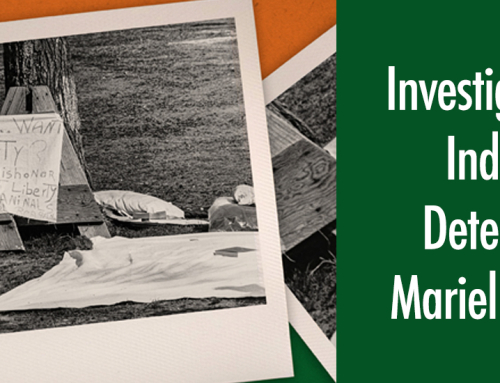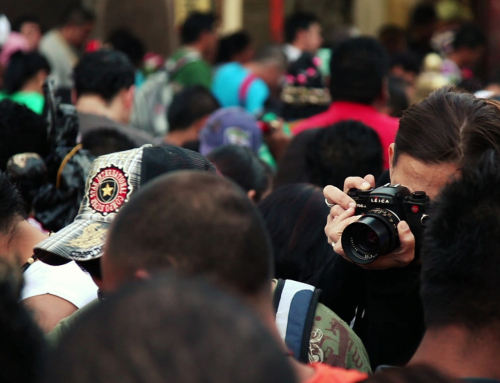Project Description
There are many factors that contribute to Haiti’s status as one of the least developed countries in the Western Hemisphere. Centuries of political violence, social disarray and environmental degradation have led to widespread human suffering and unacceptable levels of absolute poverty in Haiti. The earthquake in January was a declaration to the world that showed how chronically mismanaged Haiti was. The sheer death toll and destruction wrought by the 2010 disaster was undoubtedly shocking. Estimates put the total monetary damage at more than $13 billion USD, to say nothing of the toll taken on human lives — the Haitian government believes that more than 300,000 perished in the disaster.
The sheer death toll and destruction wrought by the 2010 disaster was undoubtedly shocking. Estimates put the total monetary damage at more than $13 billion USD, to say nothing of the toll taken on human lives — the Haitian government believes that more than 300,000 perished in the disaster.
Providing for the humanitarian needs of the Haitian people should be a top-priority for aid organizations. However, providing basic aid will only achieve so much in this impoverished country.
At best, food and medical aid acts as a stop-gap measure to alleviate short-term suffering, said Patrick Moynihan, director of the Haitian Project, a Catholic mission that operates non-profit schools in the Caribbean nation.
If Haiti is to escape its poverty-conflict trap, it must make serious investments in its education sector for the 21st century — namely, the creation of a free, public and universal school system, a 2006 World Bank analysis reported.
“If we can’t achieve this in 75 years, we will disappear as a nation,” said Alzire Rocourt, a teacher and educational consultant for ProDev Haiti, a Haitian NGO based in downtown Port-au-Prince.
Many observers and international organizations agree: education is the single most important determinant of an individual’s potential to escape poverty in Haiti.
It’s not just experts who agree.
“Education reform is the top-priority issue for all Haitians,” said Yves Colon, a Haitian-born journalist and lecturer at the University of Miami.





